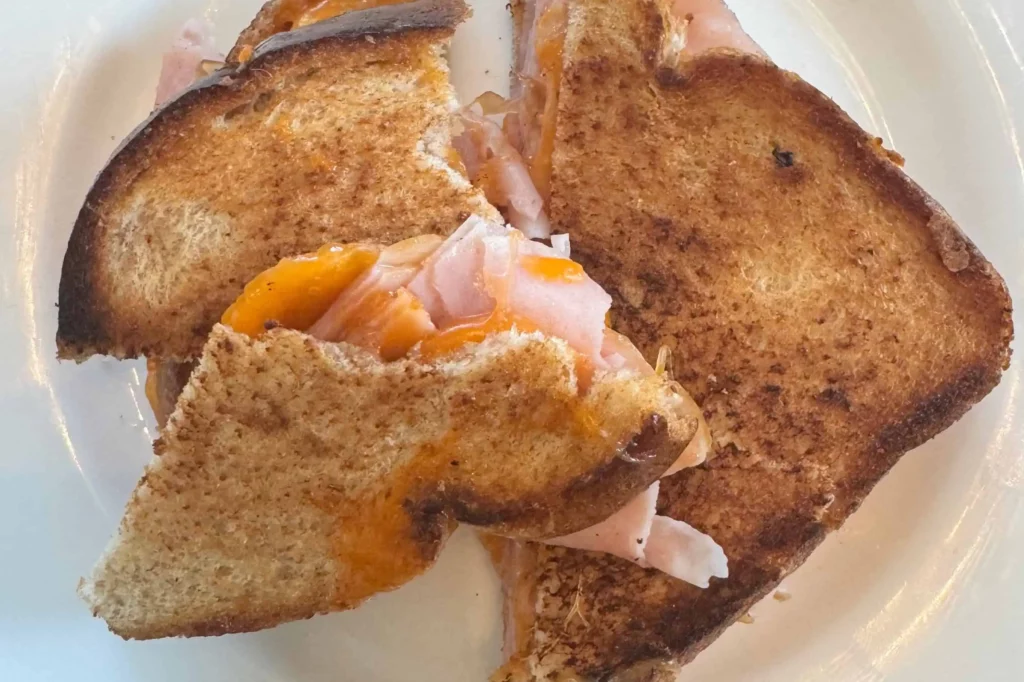Iused to hate coffee. A close friend has just reminded me that as a teen, I could not stand the stuff and was more content to drink iced tea, or beer.
Coffee did not stir my palate until I became a young adult, and like many newbie coffee drinkers, I drowned the taste with sugar and cream.
Of course with age came wisdom, and apparently a fine addiction to java. What started for me as a quick perusal of the medical benefits of coffea cruda – unroasted coffee beans – turned into a half day of looking over my dad’s medical notes, and quizzing him on the medical history of our favourite bean.
You know how it goes, one day red wine is going to give us all cancer. The next week the medical profession is telling us that in fact wine is great for you! Drink up y’all!. Much the same is true for the medical benefits of coffee consumption.
I am not a doctor, so I have absconded with my father’s medical notes on coffee – he’s been a naturopath for 36 years.
A little history:
When coffee arrived in Europe from Arabia, somewhere in the 1600s, it arrived as a medicine, not a beverage. It was controlled and prescribed by doctors in France. And it was once considered the cure-all for bronchical asthma.
Coffee belongs to the methylxathine family, a group of closely-related alkaloids including theophilline and theobromine. Both of those have been used for thousands of years to treat asthma and to improve lung circulation.
Homeopathically, a tincture of coffea cruda may be used to treat children with ADHD (Attention Deficit Hyperactivity Disorder).
Medical studies involving coffee have been used to relieve hay fever, and studies show that coffee contains chemicals that block cancer in animals.
Of course, applying moderation in coffee consumption is a good idea. One to three cups a day is the most one should imbibe.
The reverse effects of coffee can be seen when it is over-consumed: insomnia, anxiety and heart palpitations are all symptoms of too much of a good thing.
In 1000 A.D. Arab traders cultivated the plant and boiled the beans to produce “Gawha” – that which prevents sleep.
By 1453 the Ottoman Turks introduced coffee to Constantinople. The world’s first coffee shop opened for business.
And in the one of the finer moves towards equality, Turkish law made it possible for women to divorce their husbands if they failed to provide coffee for the home.
In fact the Turks have a proverb which is translated loosely as “coffee should be black as hell, strong as death and sweet as love.”
When Pope Clement VIII drank his first cup of coffee, instead of banning it as an infidel threat, he baptized it, thus making it an acceptable Christian beverage.
Since its discovery, coffee has remained the world’s favourite legal high. Studies done at M.I.T. showed that even in the smallest doses, coffee stimulated the brain, improved mental function and extended attention spans. Although it is noteworthy that caffeine increases intellectual speed, not power.
And while looking through my father’s vast amount of medical, naturopathic and homeopathic tomes, I came across this little tidbit: strong black coffee, drunk as hot as possible, is indispensable as an antidote for a large number of poisons. In particular, narcotics.
What about the bowels you say? Yup, used as in a colonic, coffee has proved to be very effective in the, ummm, well, clearance of waste.
As my dad would say, “better a good eviction, than a bad tenant”.
And on that note, bottoms up to your next cup! And remember: everything in moderation, including coffee.
Cheers!




